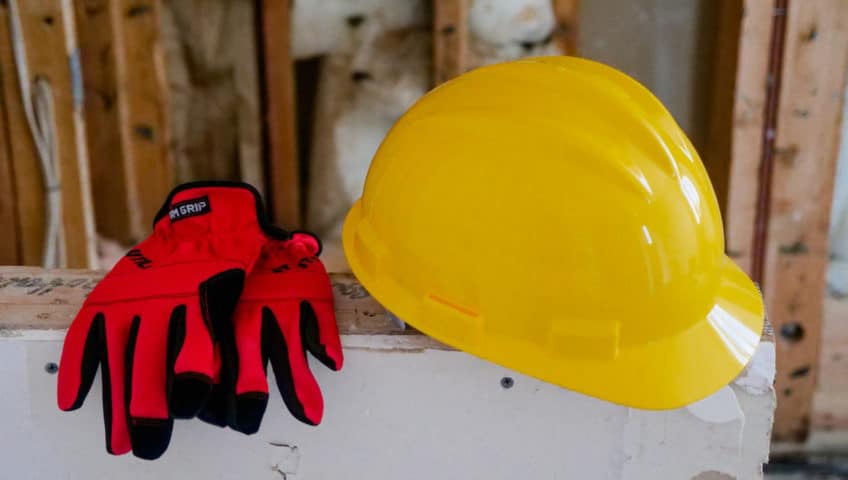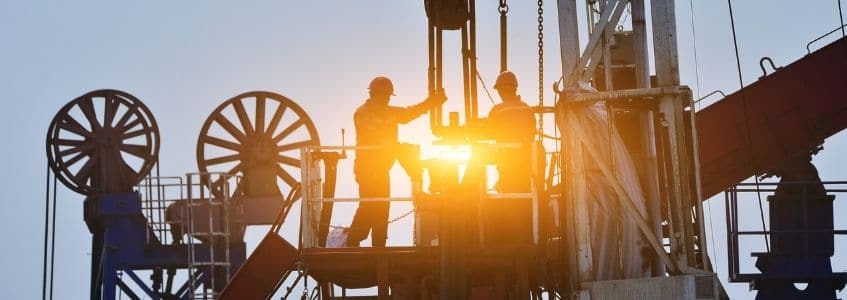If your company already has a safety manual in place, it may seem like you have compliance under control. You’ve outlined your safety policies, trained your crew, and made safety a clear part of your operations. So… do you really need outside help?
That’s a fair question, and one we hear often from contractors and small businesses trying to meet client requirements or navigate ISNetworld®, Avetta®, or Veriforce® submissions.
The short answer: your safety manual is a solid foundation, but it’s only one piece of the compliance puzzle. Here’s why that matters.














